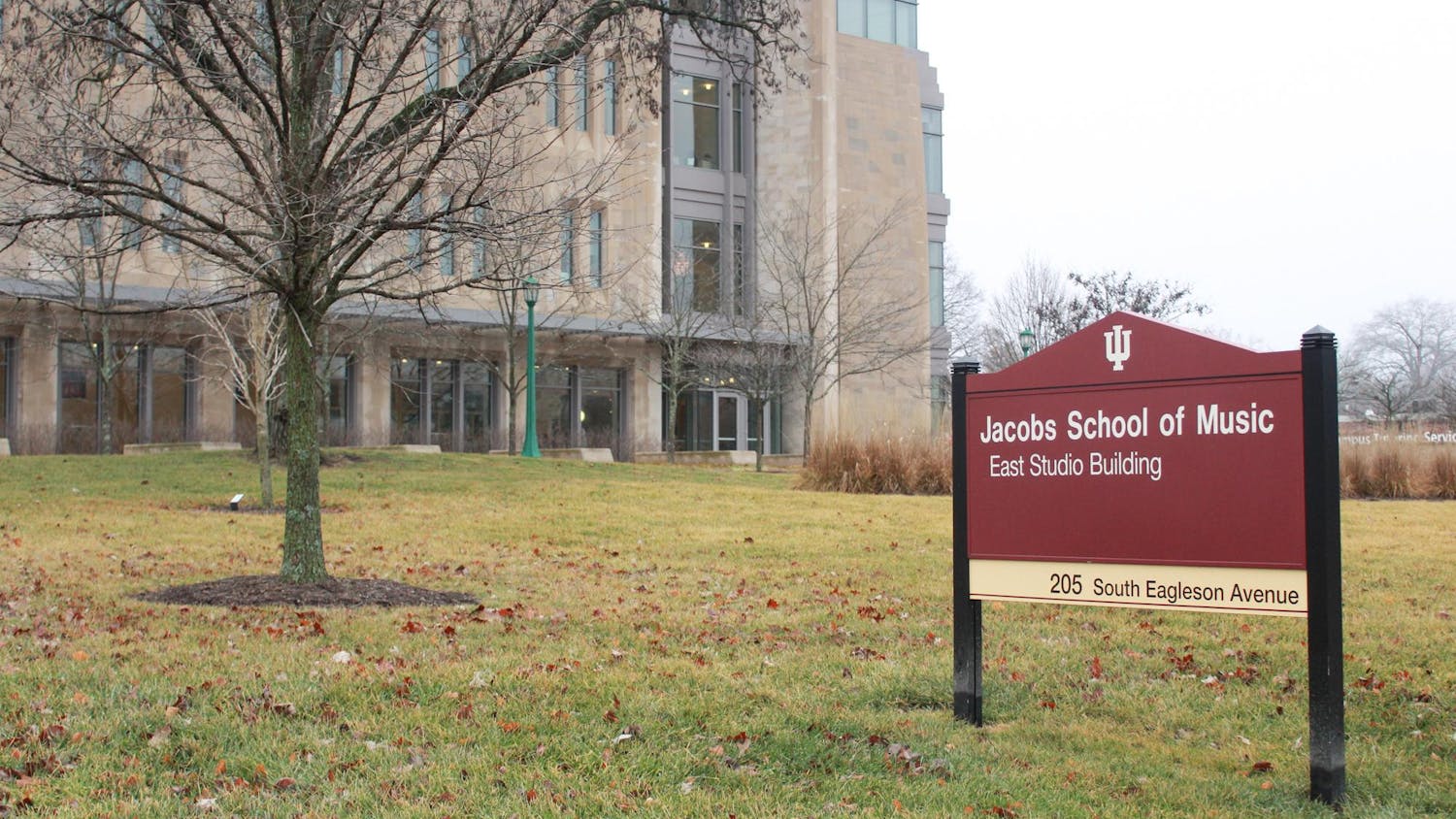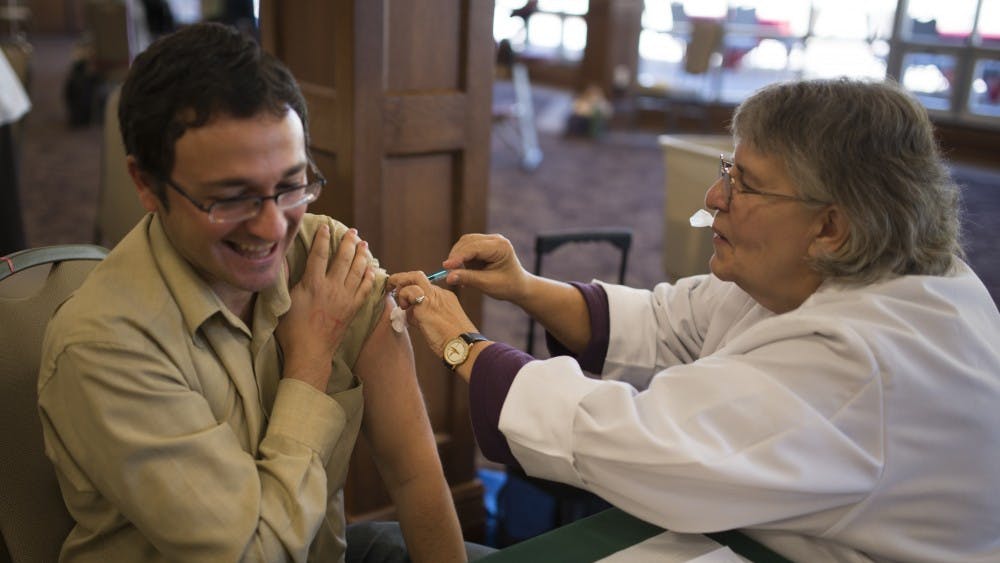Last month, 38 microbiologists from institutions across the globe were elected fellows of the American Academy of Microbiology. Among them was IU’s own Patricia Foster, director of the molecular biology and genetics graduate program, for her work with the Escherichia coli (E. coli) bacteria.\nFoster’s research focuses on how bacteria mutate under stress.\n“It shocked the world of evolutionary biology when the phenomenon was discovered, yet was not contrary to Darwin,” said Clay Fuqua, director of the microbiology program.\nFoster uses E. coli as her research model chiefly for its quick reproduction speed and the ease with which it can be isolated. She found that when the bacteria are subjected to stress, the rate of genetic mutations on a cellular level increases. When evolution is involved, high mutation rates are considered harmful to a species. However, stress-induced mutations can actually increase a species’ chance for survival under extreme conditions. When stress is detected, the bacteria turn on a special enzyme, DNA polymerase, which stimulates mutation. This is where human interest enters, Foster said.\nDNA polymerase in E. coli is similar to, or closely related to, an enzyme found in humans. Because cancer is a result of cellular mutation within the human body, a thorough understanding of this process in bacteria would allow the scientific community to extrapolate those findings to cancerous human cells. A solid commitment to such research could one day result in better control over onset and growth of the disease, Foster said.\nIt is not only Foster’s accomplishments, but also the style of her workmanship that has garnered attention from her peers.\n“She has an elegance in her thinking,” said colleague Yves Brun, director of the IU Microbiology program. “There are ideas and then there are profound ideas; Pat just has profound ideas more often than most of us.”\nBeing elected a fellow of the American Academy of Microbiology involves performing services for the organization, such as sitting on a committee that reviews reports for the government, but Foster will not receive funding because of the position.\nFoster received her Ph.D. at the University of Cambridge in the United Kingdom and spent time doing research at both the Massachusetts Institute of Technology and Harvard Medical School. She had already made a name for herself as a microbiologist before joining the IU faculty. \n“When she applied (to IU), I was very excited and impressed,” Brun said. “It’s been fantastic to have her on the faculty.”\nFoster’s interest in microbiology was born out of a talk given by microbiologist Thomas Brock during her time at the University of Chicago. Brock was studying microscopic organisms in the Yellowstone National Park hot streams and the impact such an extreme environment had on them. \n“It was just thrilling,”\n Foster said.\nBut on a personal level, Foster hopes to gain a different kind of insight. \n“I would like to figure out if the things I work on are really the result of adaptive evolution, or if they’re just noise in the system,” she said.
IU scientist honored for work with E. coli bacteria
Get stories like this in your inbox
Subscribe





